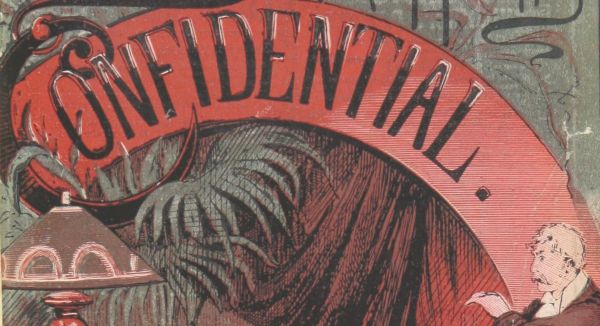
Plaintiff sued defendant in California state court for trade libel and other business torts over confidential reports that defendant provided to its customers (who advertised on plaintiff’s website) characterizing plaintiff’s websites as associated with copyright infringement and adult content.
Defendant moved to dismiss under California’s anti-SLAPP statute which, among other things, protects speech that is a matter of public concern. The trial court granted the anti-SLAPP motion. Plaintiff sought review. On appeal, the court affirmed the anti-SLAPP dismissal.
The court held that the communications concerning plaintiff’s websites (as being associated with intellectual property infringement or adult content) were matters of public concern, even though the communications were not public.
FilmOn.com v. DoubleVerify, Inc., 2017 WL 2807911 (Cal. Ct. App., June 29, 2017)
![]() About the Author: Evan Brown is a Chicago technology and intellectual property attorney. Call Evan at (630) 362-7237, send email to ebrown [at] internetcases.com, or follow him on Twitter @internetcases. Read Evan’s other blog, UDRP Tracker, for information about domain name disputes.
About the Author: Evan Brown is a Chicago technology and intellectual property attorney. Call Evan at (630) 362-7237, send email to ebrown [at] internetcases.com, or follow him on Twitter @internetcases. Read Evan’s other blog, UDRP Tracker, for information about domain name disputes.
